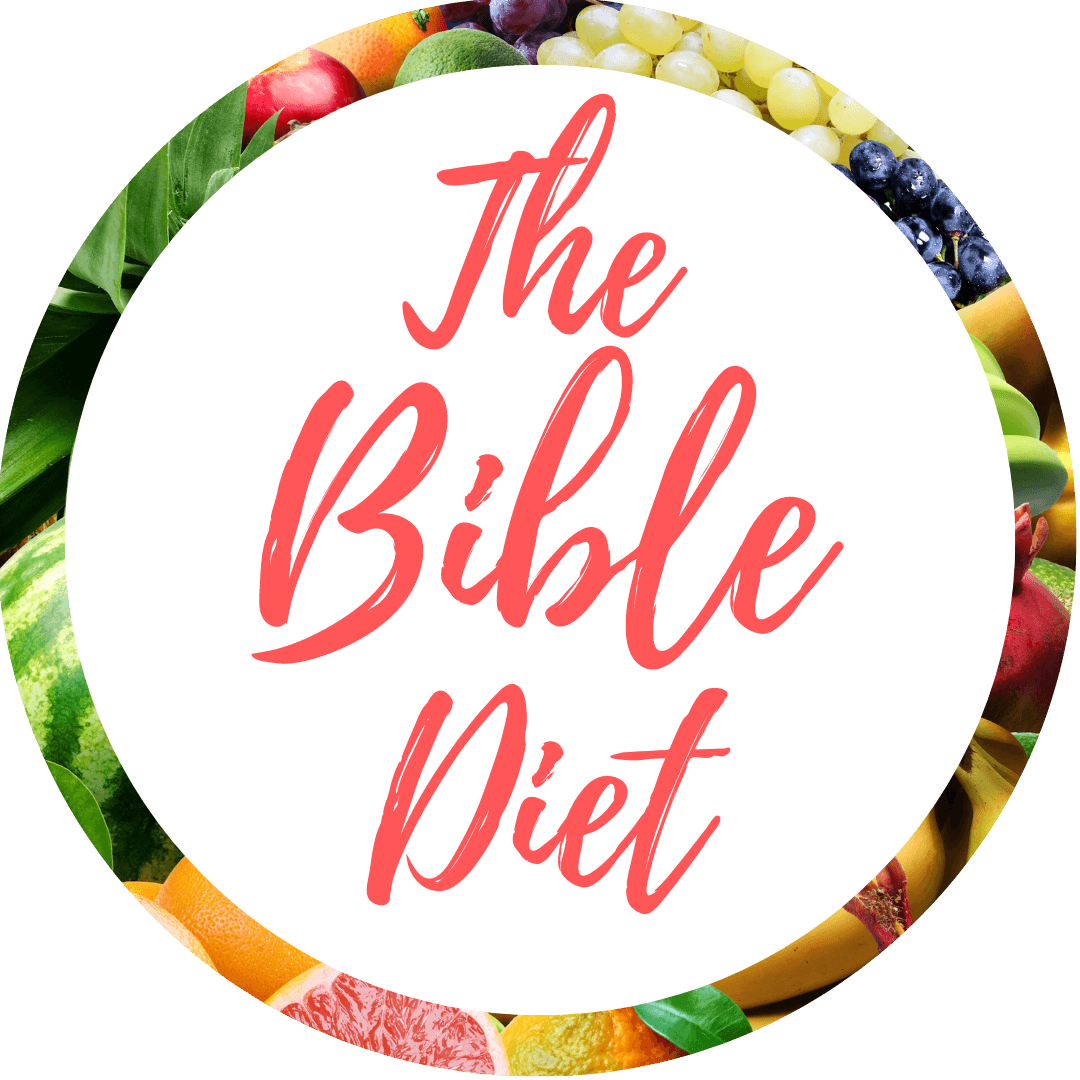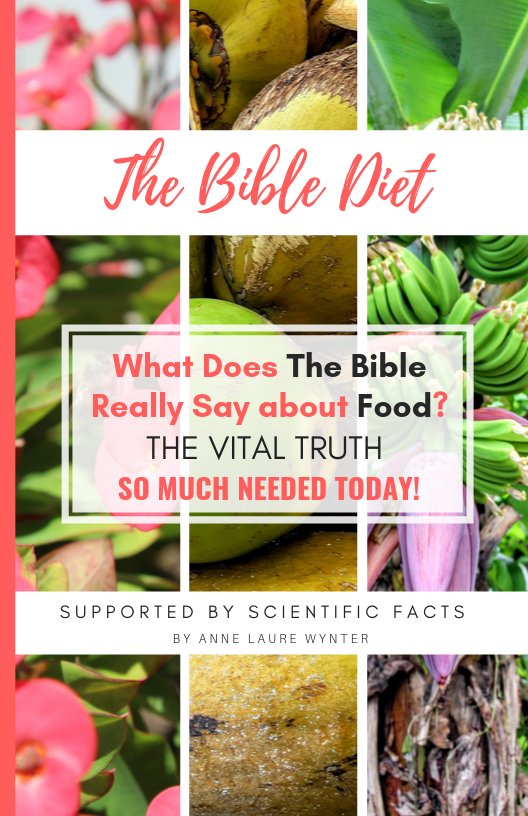 In recent years, there has been a resurgence of interest in ancient diets, with many turning to historical texts for guidance on optimal nutrition. One such source of inspiration is the Bible, which offers not only spiritual guidance but also intriguing insights into dietary practices. The Bible Diet as it’s often referred to, is not a fad diet but rather a lifestyle approach rooted in ancient wisdom. Let’s explore what the Bible says about food and how its principles can be applied to modern-day health.
In recent years, there has been a resurgence of interest in ancient diets, with many turning to historical texts for guidance on optimal nutrition. One such source of inspiration is the Bible, which offers not only spiritual guidance but also intriguing insights into dietary practices. The Bible Diet as it’s often referred to, is not a fad diet but rather a lifestyle approach rooted in ancient wisdom. Let’s explore what the Bible says about food and how its principles can be applied to modern-day health.
The Foundation of the Bible Diet
The Bible provides various guidelines regarding food and nutrition, emphasizing the importance of natural, whole foods. In Genesis 1:29, God gives Adam and Eve fruits, vegetables, and grains as their original diet, highlighting the value of plant-based foods. Additionally, the Old Testament contains dietary laws outlined in Leviticus and Deuteronomy, which include prohibitions on consuming certain animals deemed unclean.
Read: “CLEAN” or “UNCLEAN” FOOD in today’s context
Plant-Based Emphasis

A cornerstone of the Bible diet is the emphasis on plant-based foods. Fruits, vegetables, grains, legumes, and nuts are celebrated for their nutritional value and are encouraged as primary sources of sustenance. These foods are rich in vitamins, minerals, fiber, and antioxidants, promoting overall health and well-being.
Moderation and Balance
 While the Bible promotes the consumption of plant-based foods, it also emphasizes temperance, moderation and balance. Proverbs 25:16 advises, “Have you found honey? Eat only what you need, that you not have it in excess and vomit it.” This wisdom encourages mindful eating and discourages overindulgence, promoting a balanced approach to nutrition.
While the Bible promotes the consumption of plant-based foods, it also emphasizes temperance, moderation and balance. Proverbs 25:16 advises, “Have you found honey? Eat only what you need, that you not have it in excess and vomit it.” This wisdom encourages mindful eating and discourages overindulgence, promoting a balanced approach to nutrition.
Clean and Unclean Foods

The Bible distinguishes between clean and unclean animals, with specific criteria outlined for determining which animals are suitable for consumption. These guidelines carry practical implications for health. Clean animals, such as those with cloven hooves and that chew the cud, are generally considered safer for consumption and less likely to transmit diseases. Learn more about the clean and unclean meat, if the dietary law was abolished when Jesus died on the cross, and more!
Fasting and Spiritual Health
In addition to dietary guidelines, the Bible also discusses the practice of fasting, which involves abstaining from food for spiritual purposes. Fasting is mentioned throughout the Bible as a means of seeking God’s guidance, repentance, and spiritual renewal. While fasting for extended periods should be approached with caution and under proper guidance, intermittent fasting has gained popularity for its potential health benefits, including weight management and improved metabolic health.
Application to Modern Health

The principles of the Bible diet can be applied to modern-day health practices, promoting a plant-based, whole-foods approach with an emphasis on moderation and balance. Incorporating more fruits, vegetables, whole grains, and legumes into one’s diet while minimizing processed foods and animal products can lead to improved health outcomes.
The Bible diet offers timeless wisdom that transcends cultural and religious boundaries, providing valuable insights into healthy eating practices. By embracing a plant-based diet, practicing moderation, and incorporating principles of cleanliness and balance, individuals can experience not only physical and mental health but also spiritual well-being. Whether motivated by faith or a desire for optimal health, exploring the biblical approach to nutrition can be a rewarding journey towards holistic wellness.



